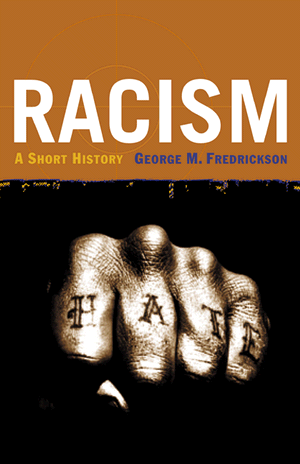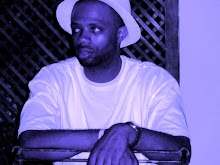
Nas' song has been burning through my head as of late. Could be the late nights, early morning, the travelling, the writing, but whatever it is, it's in my head. The events of the past week with Don Imus really made me think about the traditions that we carry on or let go. After a week Imus has been dropped from TV and Radio syndication, largely as the result of two folks who will inevitablely be chastised, berated and hated. The names Jesse Jackson and Al Sharpton are (in)famous. In talking to people, even the ones who have no clear "politics", they can always muster an opinion on Jesse and Al and "the old civil rights guard." What's yours? I'm going to give you some of mine below.
I guess part of this is written in defense of Jesse and Al, especially when I see more and more people calling for their 'removal from office' or any other downgrading metaphor. We all know neither of them are elected officials, but even without election, they "play their position." When many folks see Jesse and Al they look at them as glorified camera and victim chasers, but honestly have you ever thought that it's the cameras that chase them now? Now granted to get the attention they now garner, they had to chase some cameras over the years, but as a dear friend once pointed out to me, when Jesse and Al show, the media shows. Even whenJesse and Al threaten to bring the cameras out change gets facilitated. Now I don't think these are the brothas and sistahs who are in the trenches locally every day, that would be ridiculous to suggest, but sometimes they get the shine to those who need it in the trenches. The combination of their visibility and hard grassroots work can lead to some really impressive outcomes.
Sure Foxnews will wield Tawana Brawley and Hymietown references as their alpha & omega, but for all their "failures" haven't they brought some justice forth?As we step out to combat injustice the targets on our back become large, sometimes it blows up in our faces, but nonetheless, shouldn't we remain committed? Who has the committment and conviction to speak out on these things?
So when we talk about removing the old guard and redefining our goals as a people, who will carry on tradition? For that matter, should tradition even be carried on? Surely Al and Jesse aren't the only tradition we have. If you go to any locale you will find small time heroes who lead big lives, but never get/got the respect they deserve. Over in Benton Harbor a warrior is imprisoned. In Detroit a warrior slashes weekly with her pen. A month ago we saw a legend give his last public words down the street from where much of it all began. The struggles we engage in daily are local, but are at same time global.
A couple years back I really anticipated Todd Boyd's book the New HNIC: The Death of Civil Rights and the Reign of Hip Hop anxiously. But when I finally read it, I was disappointed. Mainly because questions of renewal and redefinition of the movement were largely glazed over or missed. As the young vanguard, do we believe in leaders? What does new leadership look like if so? What will be the moments that define our lives and our children's lives, because always remember a few short moments can change the course of history.





